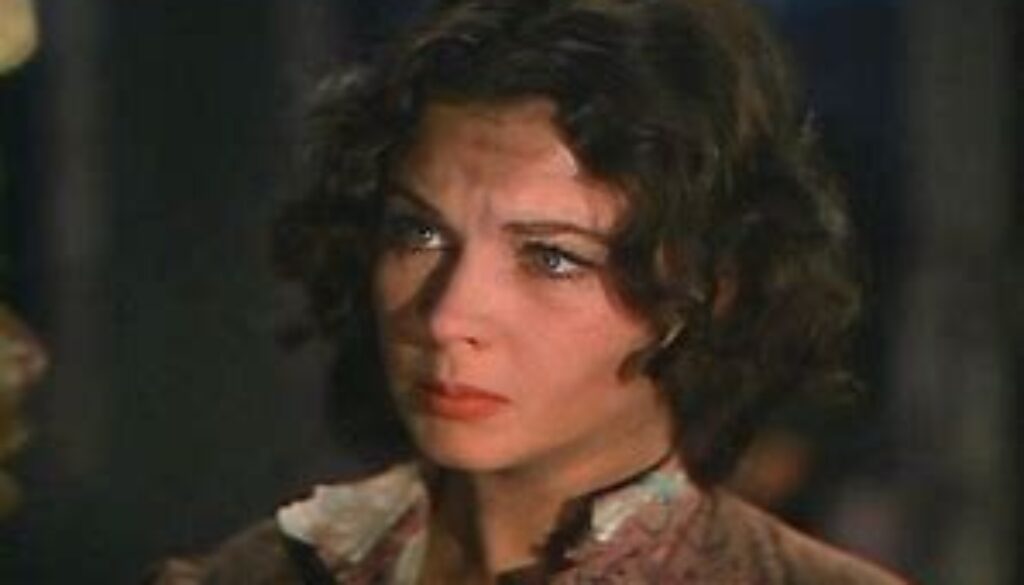Destroying Our Vision
It’s tough being a role model in these times. Whether one is one from the past, from literature, or from the present, role models, or heroes, all face cynicism on one side and predestined judgment on the other. We are intentional in ruining our heroes. Need an illustration? These last few years, once top-selling Rescue Hero toys (those of firefighters, law enforcement, EMTs, military, and more) have been replaced with Darth Vader helmets and Investor’s Corner. It seems no one wants to shine the spotlight upon anyone. I ask: What if our heroes do have flaws? Doesn’t that make them more valuable to us? Whether mythical, historical, or current, heroes that have weaknesses and still do great things inspire us to do the same. Heroes are not saviors; they are role models of what can be achieved. In times past, heroes were known for their mighty deeds in spite of their flaws. People looked through the lenses of their own lives before flipping the script changing someone from a hero to a villain. For example, Hercules chose to serve mankind with his strength. In serving humanity, he chose to reject wallering in the hatred of his stepmother Hera, Zeus’ wife. Hercules shows us that our future is not bound by our heritage. Our choices direct our future, not our genealogy. It isn’t just Greek mythology that offers us hope and wisdom.
Just like ancient studies, more recent role models that used to be revered now are lifted up to scorn. For example, Dwight D. Eisenhower is given the honor for military victories such as the Invasion of Normandy and ending the Korean War but is condemned for not resolving the Cold War. Harriet Tubman is given recognition for rescuing more than 700 individuals from slavery, but people reconsider her valor when they learn she forced some to run or be shot dead in their tracks. Dr. Martin Luther King Jr.’s entire message is affected by his personal life as a ‘serial cheater’ (i.e. adulterer). In recent news, current heroes that serve on the job with honor and distinction are vilified if one situation results in a bad judgment. What are we losing by expecting perfection from people?
Perhaps looking at an entire life causes us to judge in error. What if we looked at people through the lens of what they overcame? What if we looked at life through the victory they achieved? We would know that the Cold War needed time to resolve. We would realize Harriet was unwilling to let anyone jeopardize others’ freedom. We would realize that promoting a message of racial opportunity is not the same as a message of marital faithfulness. These heroes’ choices do not affect their success. Perhaps we would also look at ourselves as bastions of opportunity as well.
Laura Pope Forester did just that. She created a museum where over 200 sculptures focused on the victory and the character trait that made them successful.
-
Scarlett O’Hara: Yes, she was without ethics in financial dealings, but she protected her home and those she cared about.
-
Cleopatra: Yes, she was known to have married her brother (common for rulers then), but she commanded naval forces, brought stability and prosperity to her country, and wrote several publications on Greek medicine, aiming to bring more science and safety to her people.
-
Nancy Hart: Yes, she was known as vengeful, domineering, and cross-eyed. But she defended her home and nation, singlehandedly capturing 6 British officers and seeing them hung on her Georgia farm.
Laura Pope Forester did not celebrate the failures. She celebrated victories. Throughout her museum she created memorials to men and women and what they achieved in spite of overwhelming odds. In doing so, she became a role model herself. Let’s do the same.

